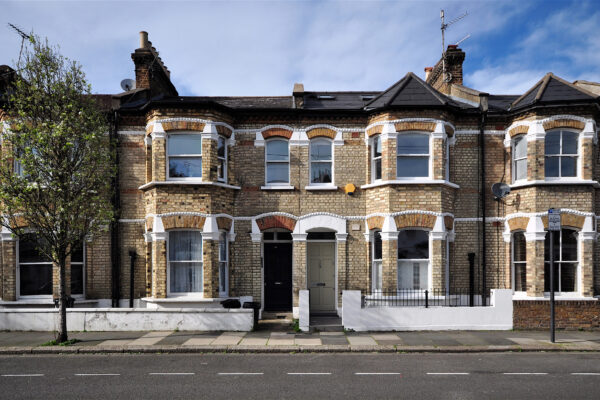Buy tickets now
Nicholas Saunderson v Cambridge Park Court Residents Association Limited [2018] UKUT 182 (LC)
![Nicholas Saunderson v Cambridge Park Court Residents Association Limited [2018] UKUT 182 (LC)](https://tanfieldchambers.co.uk/wp-content/uploads/2024/07/tanfield.fallback.pattern.grey_.png)
The Upper Tribunal considered the extent of a tenant’s liability to pay for communal heating when that obligation arose only by an estoppel by convention and, in fact, the tenant’s flat was no longer connected to the communal system.
The tenant occupied a flat within a 1930s block containing 36 flats. Until 2014, when the tenant installed his own boiler, the flat was connected to the communal heating and hot water system. The tenant contended that the provision of heating to his flat had been very poor since around 2008.
Issues
The Tribunal was asked to decide whether the tenant was obliged to pay for his share of the costs of the communal heating and hot water after March 2014, when his flat was disconnected from the central system.
First Instance
The FTT held that the tenant was so liable. Even though the leases did not provide for the tenants to contribute towards such services, the tenant had made payment for communal heating and hot water, without protest, since he acquired the lease in 1994. Accordingly, the tenant was estopped from asserting that he was not liable to pay these sums.
The FTT further held that the tenant remained so liable after the installation of the boiler in 2014. The tenant had covenanted to pay a fixed percentage of the service charge costs, rather than a reasonable proportion. Accordingly, the FTT held that it did not have jurisdiction to vary the amount payable by the tenant.
Decision on Appeal
The decision was reversed on appeal. If, as the FTT found, the tenant was only obliged to pay for the communal heating costs by virtue of an estoppel by convention, then the conventional liability was conditional on heating in fact being provided – it was no longer unjust or unconscionable for the tenant to be estopped from relying on the express provisions of the lease given that the landlord had been unable to adequately heat the property since 2008. An estoppel by convention can be terminated by a party.
Secondly, the FTT ought to have considered the effect of section 19 of the Landlord and Tenant Act 1985. No heating was supplied to the flat after it was disconnected from the system. Accordingly, the heating could not be said to be of a reasonable standard and the tenant derived no benefit from the same.
Accordingly, the tenant was not liable to contribute to the costs of communal heating and hot water after his flat was disconnected from the communal supply and the decision of the FTT was reversed.
This content is provided free of charge for information purposes only. It does not constitute legal advice and should not be relied on as such. No responsibility for the accuracy and/or correctness of the information and commentary set out in the article, or for any consequences of relying on it, is assumed or accepted by any member of Tanfield or by Tanfield as a whole.







